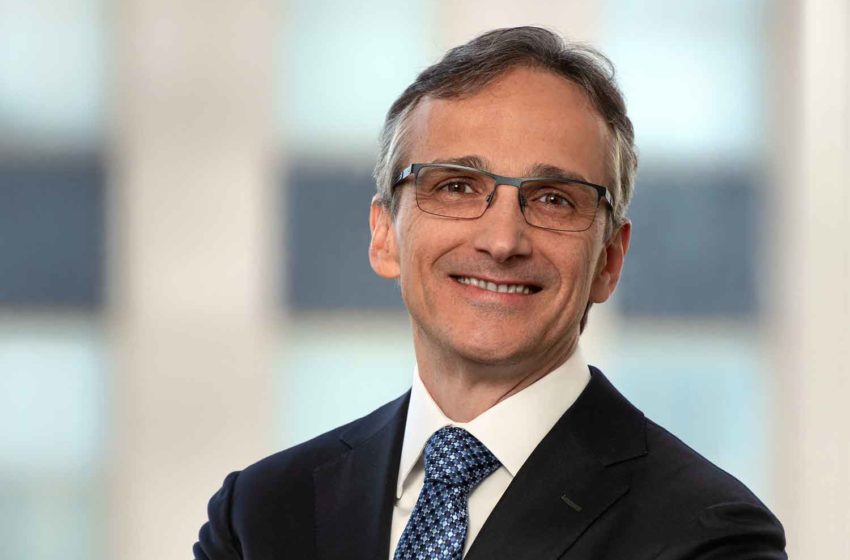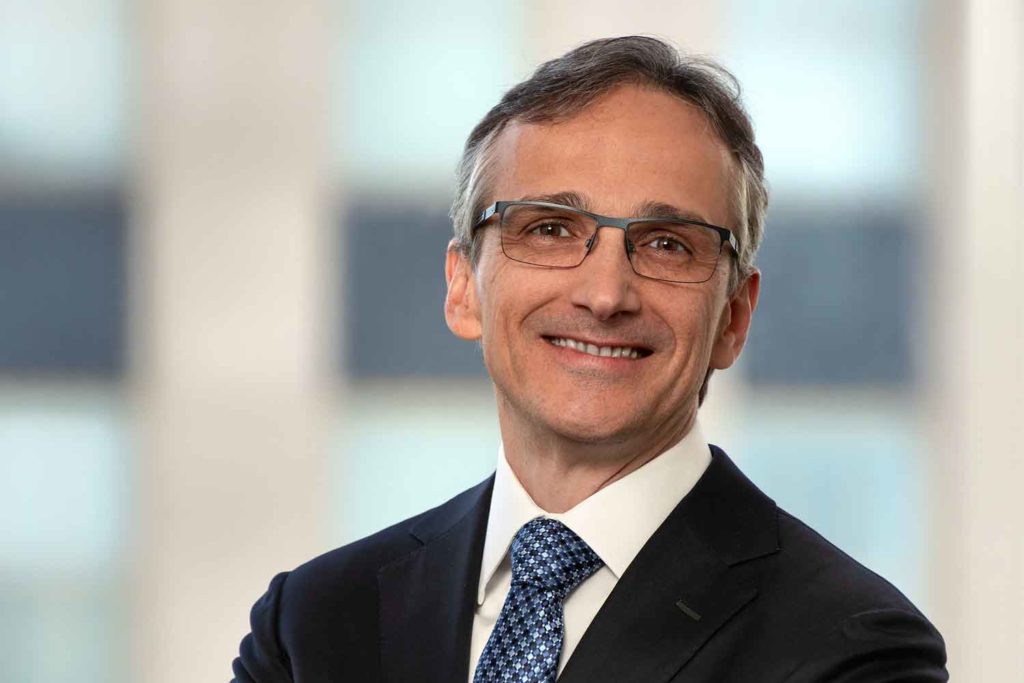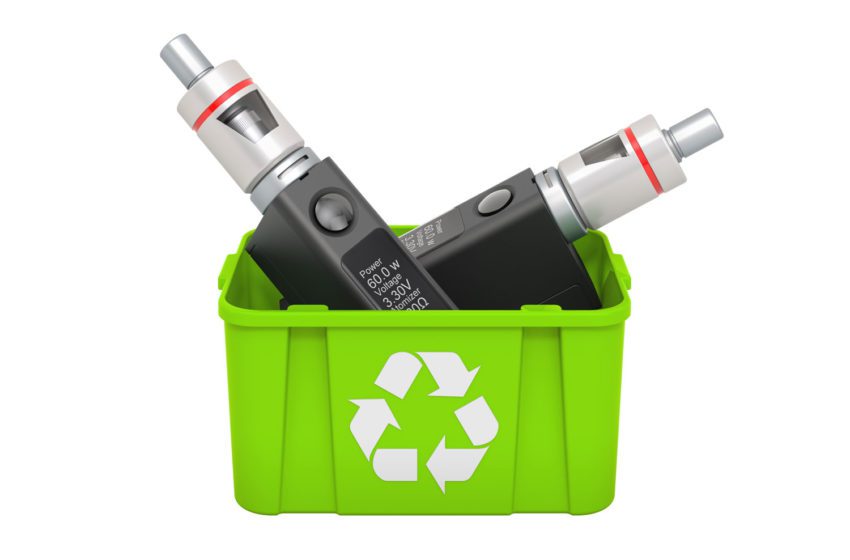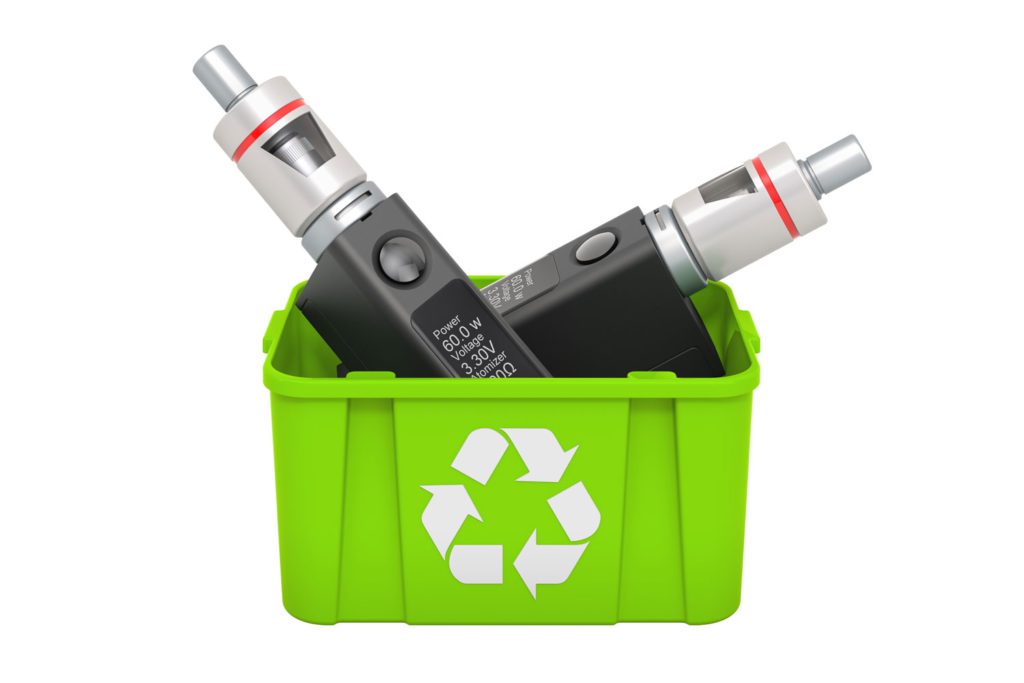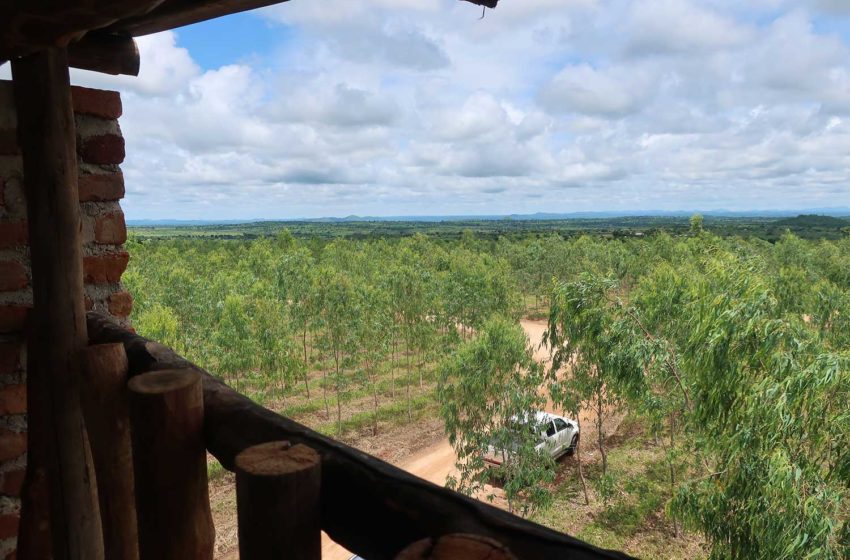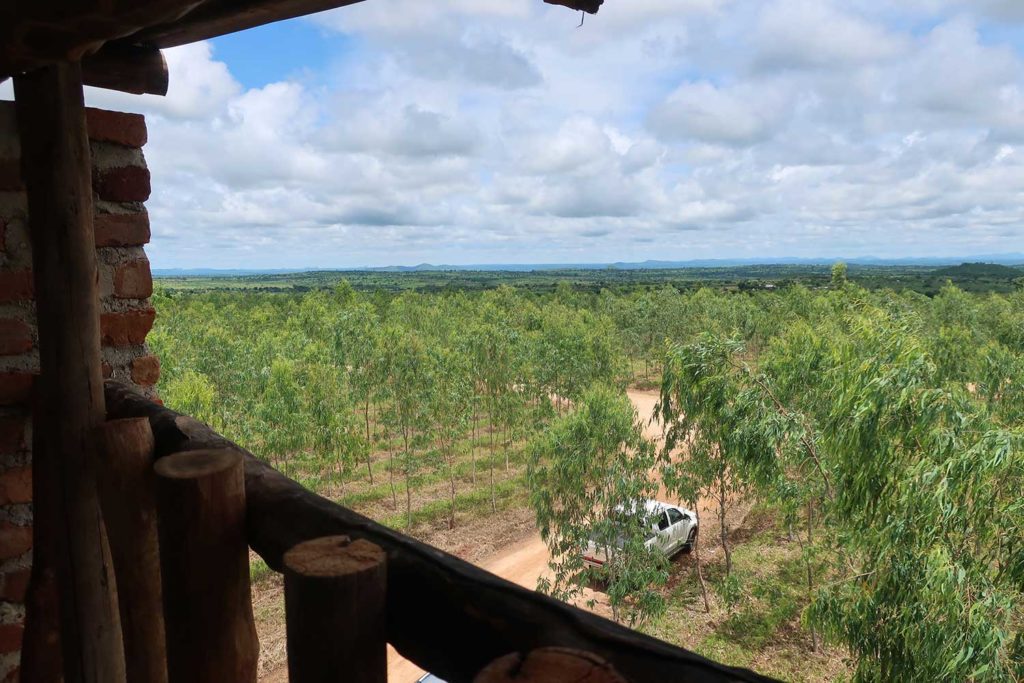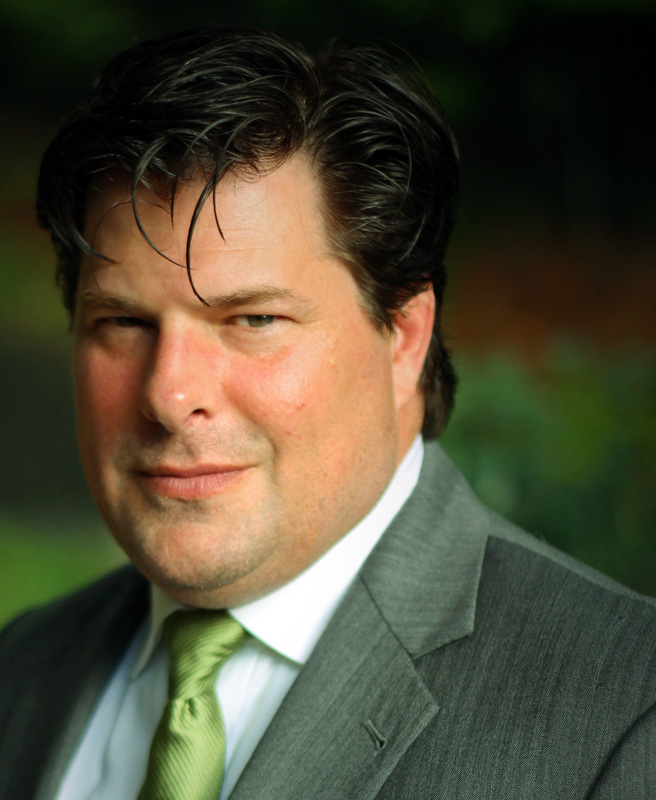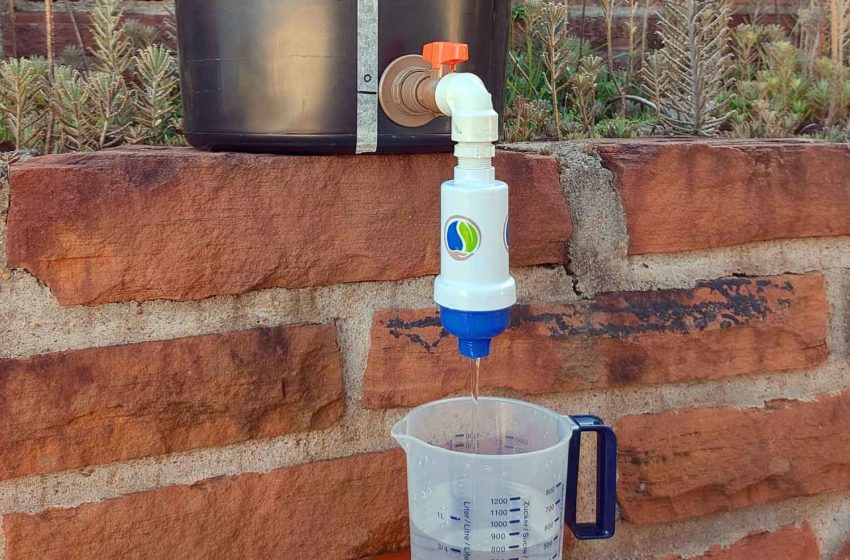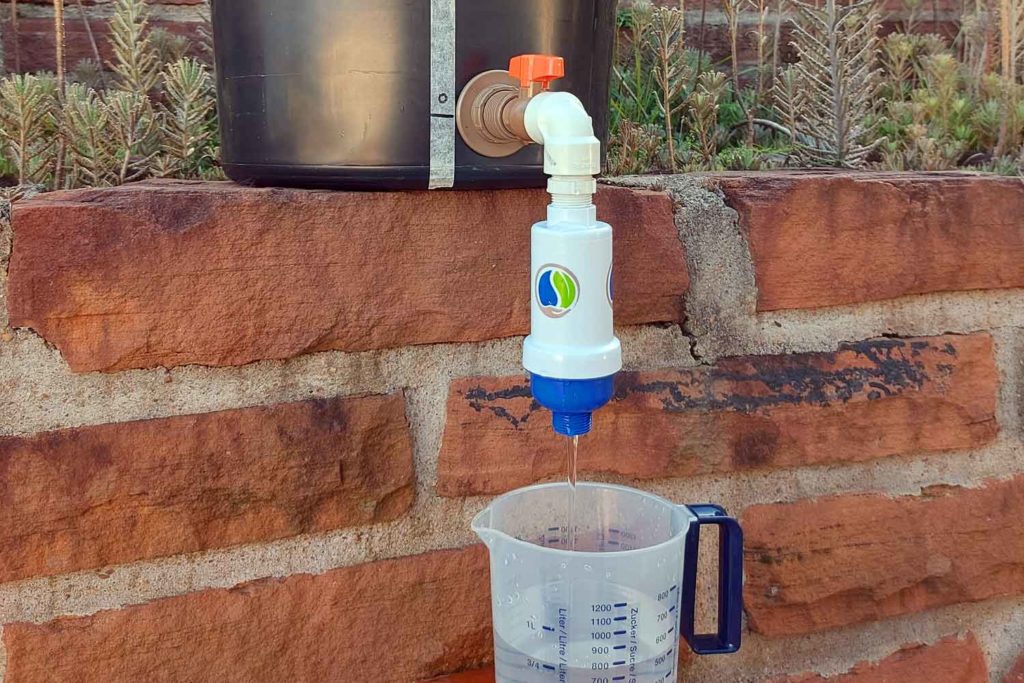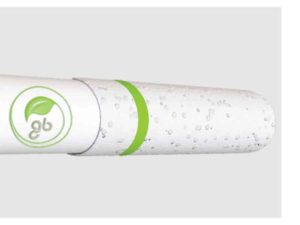Facing the Issues
Experience makes a difference. The Universal team is skilled at identifying risks and opportunities in communities where it contracts tobacco. Its farmers are the most important segment of Universal’s supply chain operations. Universal is involved in the Sustainable Tobacco Program (STP), an industry-wide initiative jointly developed by tobacco manufacturers and experts to assure standards in agricultural practices as well as environmental management and key social and human rights matters.
In 2020, the STP made changes to better address eight core issues: governance, crop, climate change, human and labor rights, livelihoods, natural habitat, soil health and water.
Universal has been supportive of the STP from the program’s inception. Lea Scott, vice president of agronomy for Universal, said the STP provides an alignment across the tobacco industry under a cohesive set of standards and best practices.
“It’s positive for all stakeholders from investors to smallholder farmers. The new program has several strengths, including aligning common goals and focusing on continuous improvement,” says Scott. “With any new program, we are working through implementation with the aim of continued improvement and transparency.”
Prior to 2020, Universal took a risk-based approach to addressing issues in its operations and supply chain. The company would implement programs that addressed mainly key risks in particular regions. Its Agricultural Labor Practices (ALP) program, for example, sets global expectations, such as no child labor, fair worker renumeration and no forced labor in the tobacco supply chain.
“In regions where a specific risk has been identified by our farmer monitoring, we tailor programs to address these risks. In the United States and Europe, for instance, we have worker interview programs to engage farm workers and monitor their treatment while in other regions we have child labor programs that focus on removing identified root causes of child labor,” says Scott. “The new STP in 2020, along with ALP, better highlights Universal’s efforts and the commitment we put into addressing the identified risks. It has also reinforced the unity and commitment within the industry to addressing human rights violations in the tobacco supply chain.”
Child labor is a major concern for Universal. Seventy percent of child labor is estimated to occur in agriculture, mainly taking place in family subsistence and commercial farming. While there have been significant advances made in tackling child labor, in recent years the progress has slowed and has been uneven across regions. According to the United Nations, the number of children in child labor has declined by an estimated 19 million since 2000.
Universal is committed to an industry that works in unity and alignment on human rights issues, including child labor, according to Hentschke. Universal, along with other major transnational tobacco companies, has been involved with the Eliminating Child Labour in Tobacco-Growing Foundation (ECLT), a Swiss-based nonprofit organization dedicated to eliminating child labor since its inception in 2000.
The ECLT focuses on regions where child labor is at higher risk for occurrence and where local stakeholders are willing to engage in programs, explained Hall. The ECLT functions as a link between industry and local stakeholders like government and nongovernmental organizations so that programs are designed in sustainable and impactful ways.
“Universal believes that children should grow and have access to educational opportunities that are not impacted by labor requirements at home,” says Hall. “While technology has been beneficial in understanding the extent of child labor, understanding root causes does more to benefit children and reduce the risk. When we understand why children work at a young age in various regions, we can address the underlying cause. For example, in Africa, we found that mothers and children in some areas had to walk a long distance for access to clean water.
“Based on a geographic information system analysis of existing boreholes and water access, we drilled and repaired boreholes to increase water accessibility. Technology helped reduce the risk of child labor, but the root cause needed to be identified for the appropriate technology to be implemented.”
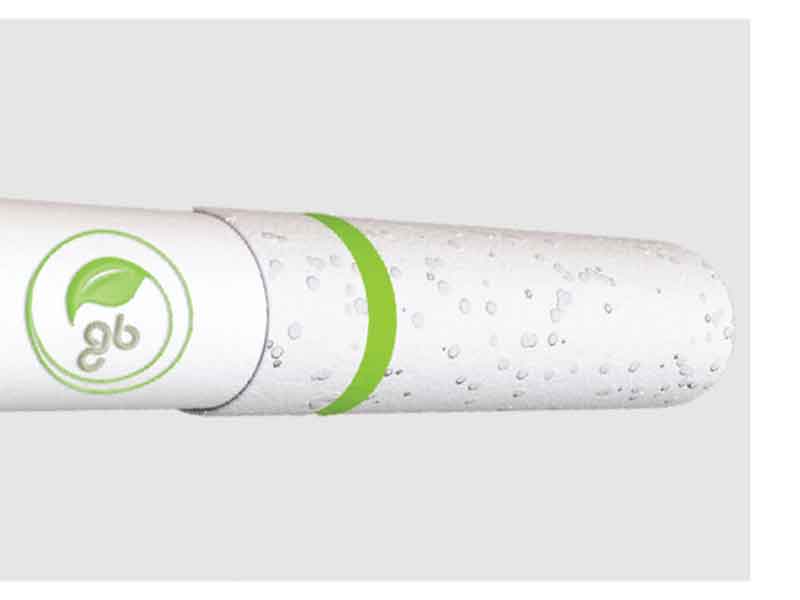

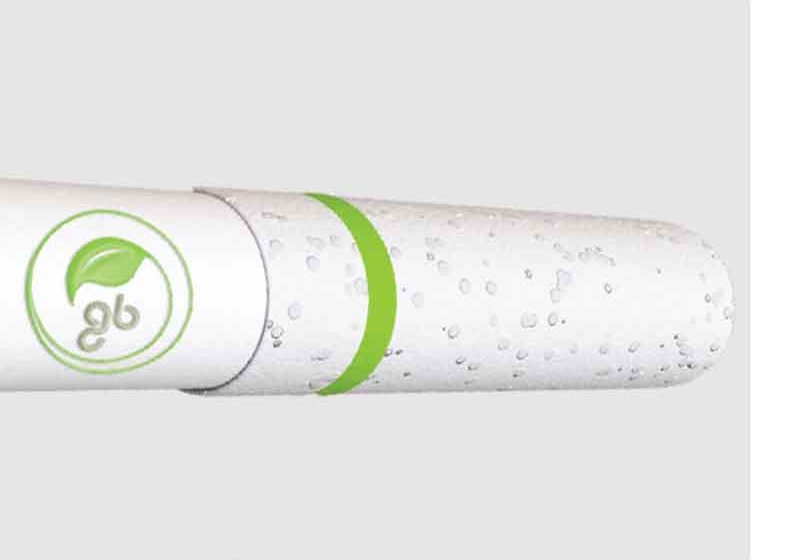
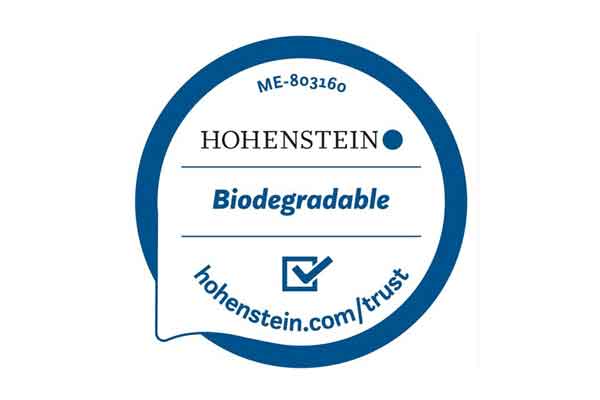
 Greenbutts has received the Hohenstein Quality Label for a novel biodegradable filter technology designed to replace the most littered single-use plastic item—cigarette filters.
Greenbutts has received the Hohenstein Quality Label for a novel biodegradable filter technology designed to replace the most littered single-use plastic item—cigarette filters. 